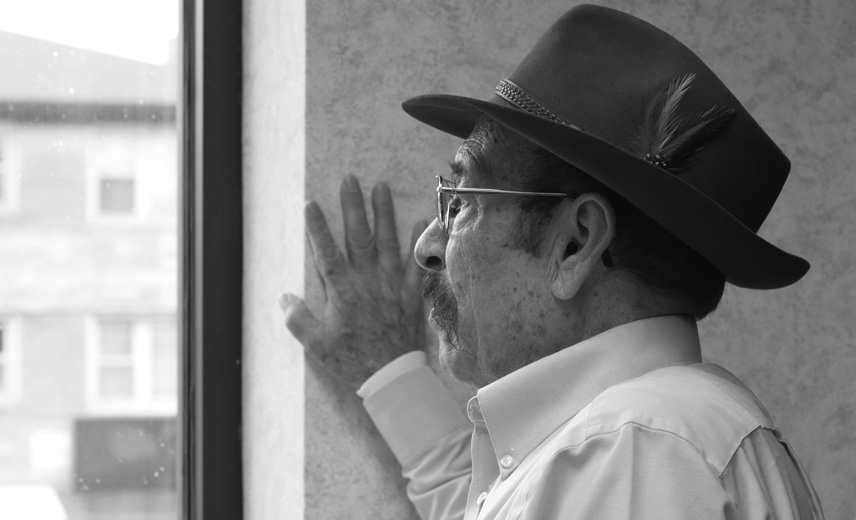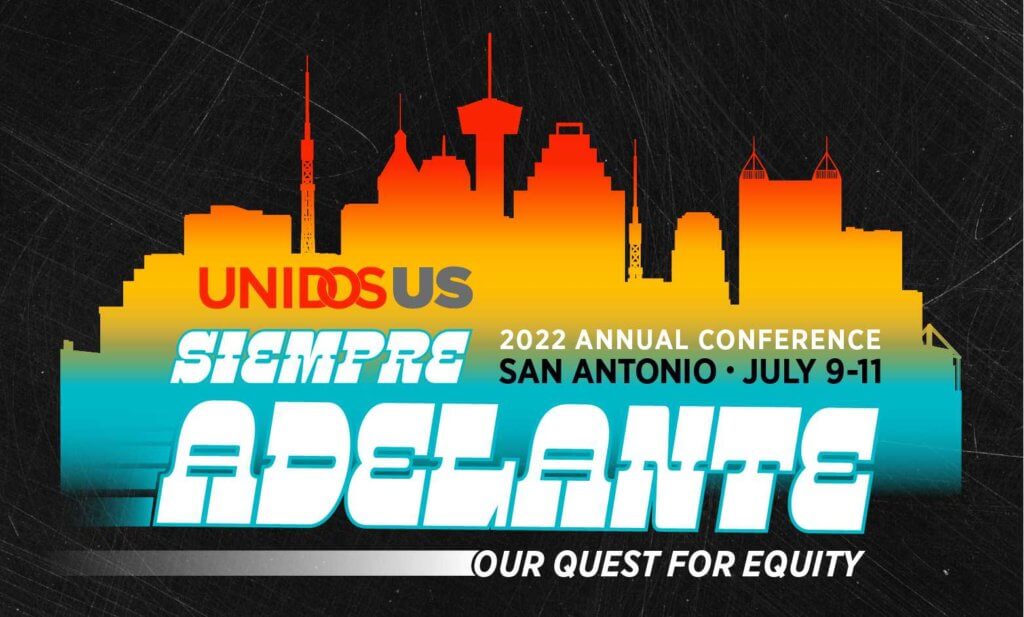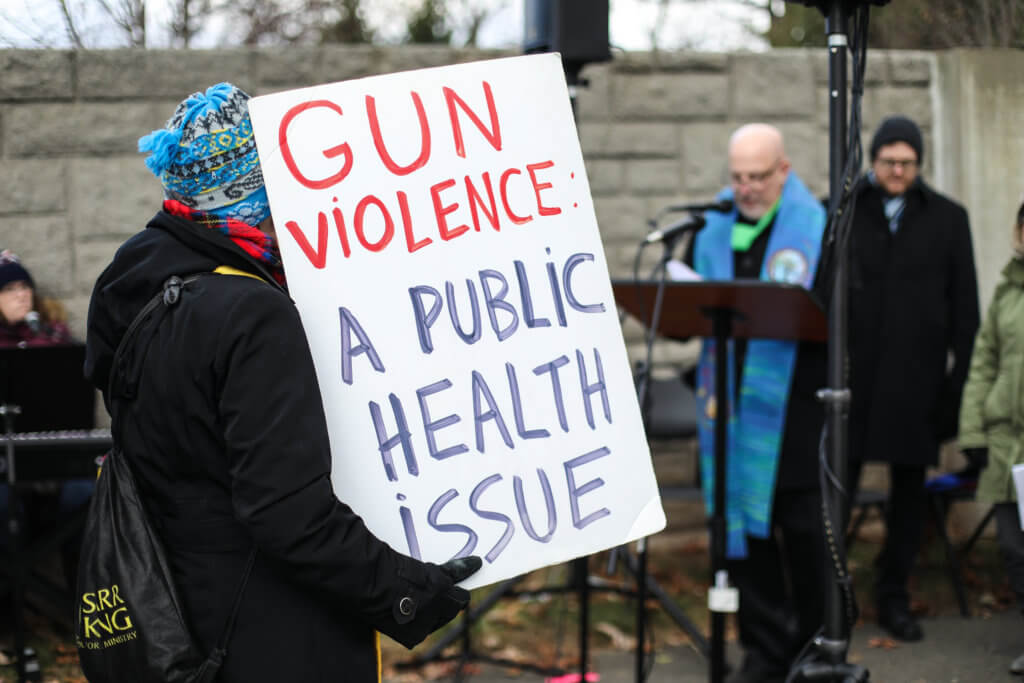Rompiendo Barreras: Dismantling Barriers to Latino Mental Health Care
Despite growing awareness, mental illness continues to be an unmet health need for many Latino individuals and families across the United States.
By: Nahyr Morales Lugo, Health Policy Intern, UnidosUS
Recent data shows a significant gap in access to mental health services between Latinos and white Americans. According to the Substance Abuse and Mental Health Services Administration, just 36.1% of Latino adults with a mental illness received related services in 2021, compared to 52.4% of white adults.
Provider shortages reduce Latinos’ access to adequate mental healthcare.
Latinos face high rates of mental health conditions such as anxiety, depression, and post-traumatic stress disorder. More than one in five Latino adults report having a mental illness. Yet, compared to the 52.1% of white patients who received mental healthcare in 2021, only 36.1% of Hispanics and Latinos received care.
This gap highlights the disconnect that persists between many in the Latino community and the mental health system. A range of barriers contribute to this gap, including higher poverty rates, language barriers for those with limited-English-proficiency, cultural stigmas about seeking mental healthcare, high costs and lack of insurance, shortage of bilingual and bicultural mental health professionals, and limited culturally relevant services tailored to the Latino community.
Despite many Latinos experiencing mental health issues, access to equitable and adequate care is difficult due to a significant shortage of mental healthcare providers with multicultural backgrounds who can meet the unique needs of Latino communities in the United States. According to 2021 data from the American Psychological Association, more than 80% of the country’s psychology workforce was made up of white psychologists. Latinos, on the other hand, make up a mere 8% of the psychology workforce.
Increasing access to mental healthcare through federal legislation
Federal legislators have introduced bipartisan legislation in recent years that aims to equitably expand and diversify the mental health workforce in ways that would more adequately serve Latinos:
- H.R. 3817 /S.1784, the “Mental Health Workforce and Language Access Act of 2023″, would establish a new federal grant program to help federally qualified community health centers (FQHCs) recruit and hire mental health professionals who are fluent in languages other than English. This bill would address severe mental health provider shortages that disproportionately impact Latino and other minority communities.
- H.R. 2438, the “Compacts, Access, and Responsible Expansion (C.A.R.E.) for Mental Health Professionals Act”, would establish interstate provider networks, allowing mental health professionals to more readily serve patients in underserved rural areas across multiple states. With severe shortages of providers in rural areas, this bill would enable current providers to deliver their services across state lines, mitigating transportation barriers preventing many rural Latinos from obtaining care. This bill presents a meaningful opportunity to boost the availability of diverse mental health professionals for geographically isolated Latinos.
- H.R. 4933, the “Mental Health Professionals Workforce Shortage Loan Repayment Act of 2023”, would extend a student loan repayment program to mental health professionals who work for a period of time in a federally designated mental health professional shortage area. By lowering the high educational costs that act as barriers preventing many low-income Latinos from pursuing mental health careers, the bill would directly diversify and strengthen workforce representation. Enabling more Latino and Spanish-speaking providers through tackling economic obstacles has immense potential to advance health equity for underserved Latino populations.
Congress must seize the moment to improve equitable access to mental healthcare for Latinos.
While mental health awareness may be growing across the nation, profound disparities persist and limit Latinos’ access to adequate, culturally competent mental healthcare services. Obstacles around provider shortages, affordability, language and cultural divides, and stigma fuel these inequities. However, bipartisan legislative proposals seeking to diversify the mental healthcare workforce, extend services across state lines, and incentivize careers in mental healthcare through student loan repayment demonstrate that there is bipartisan interest in Congress to build the pathways that will eventually close the gap in access to mental health services between Latinos and white Americans.




